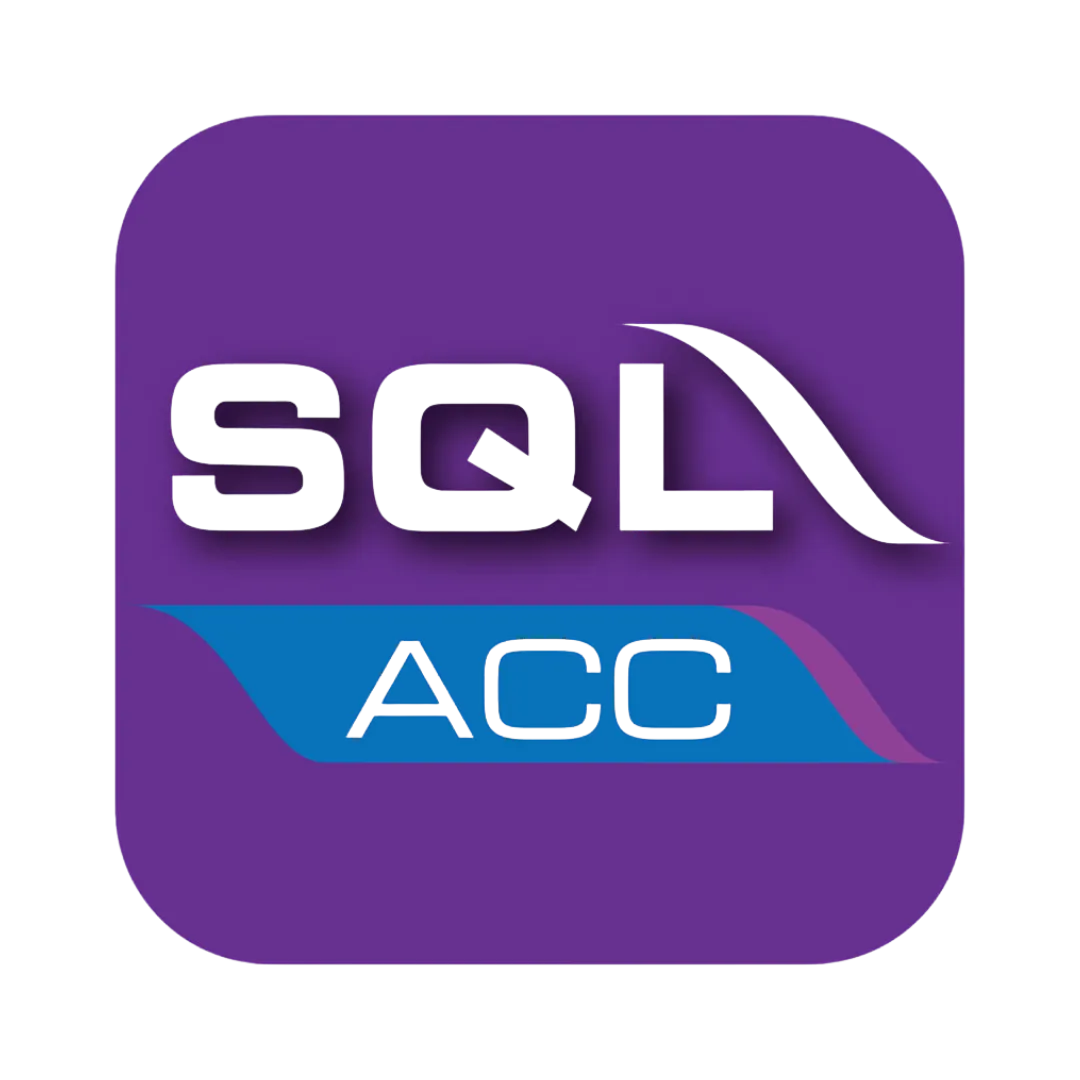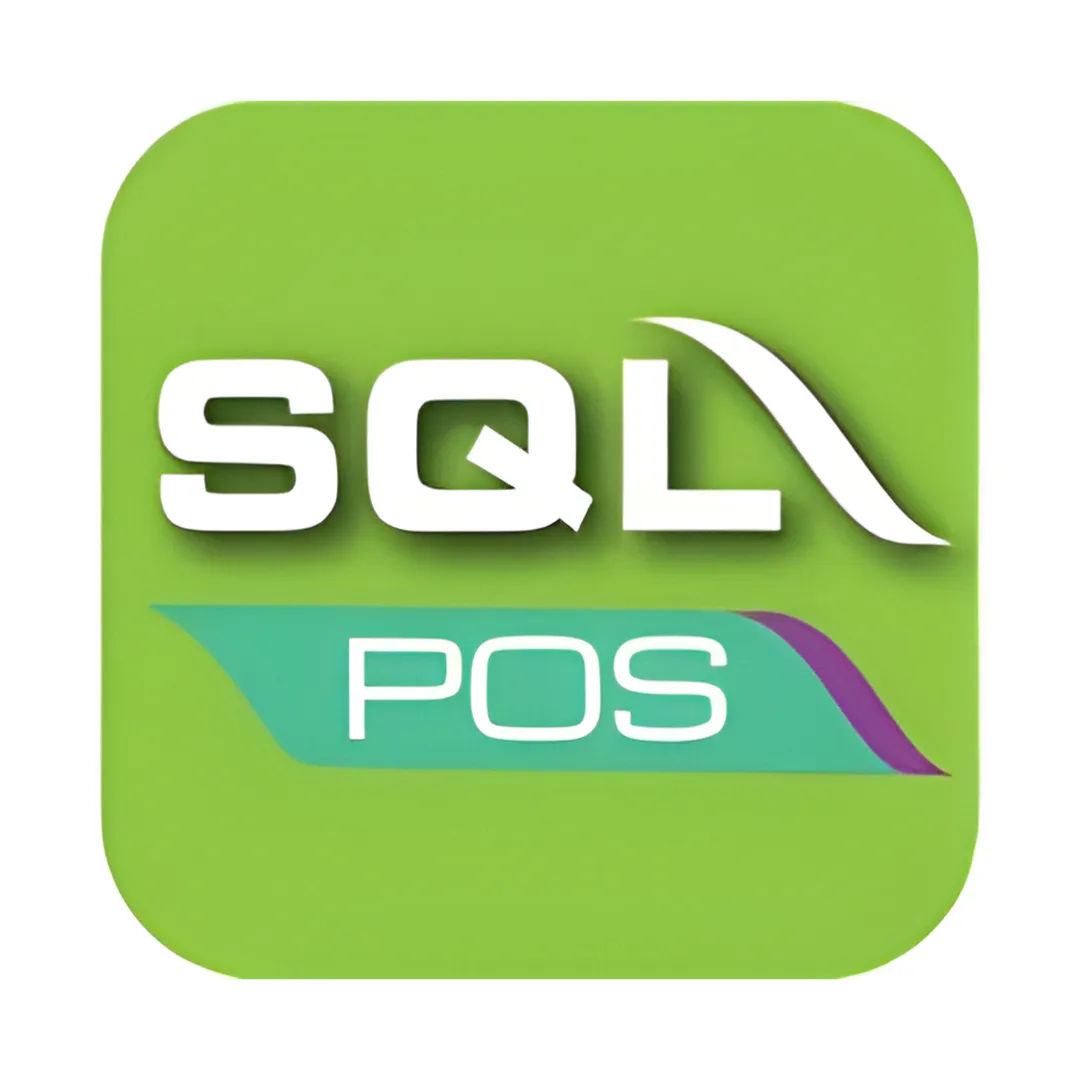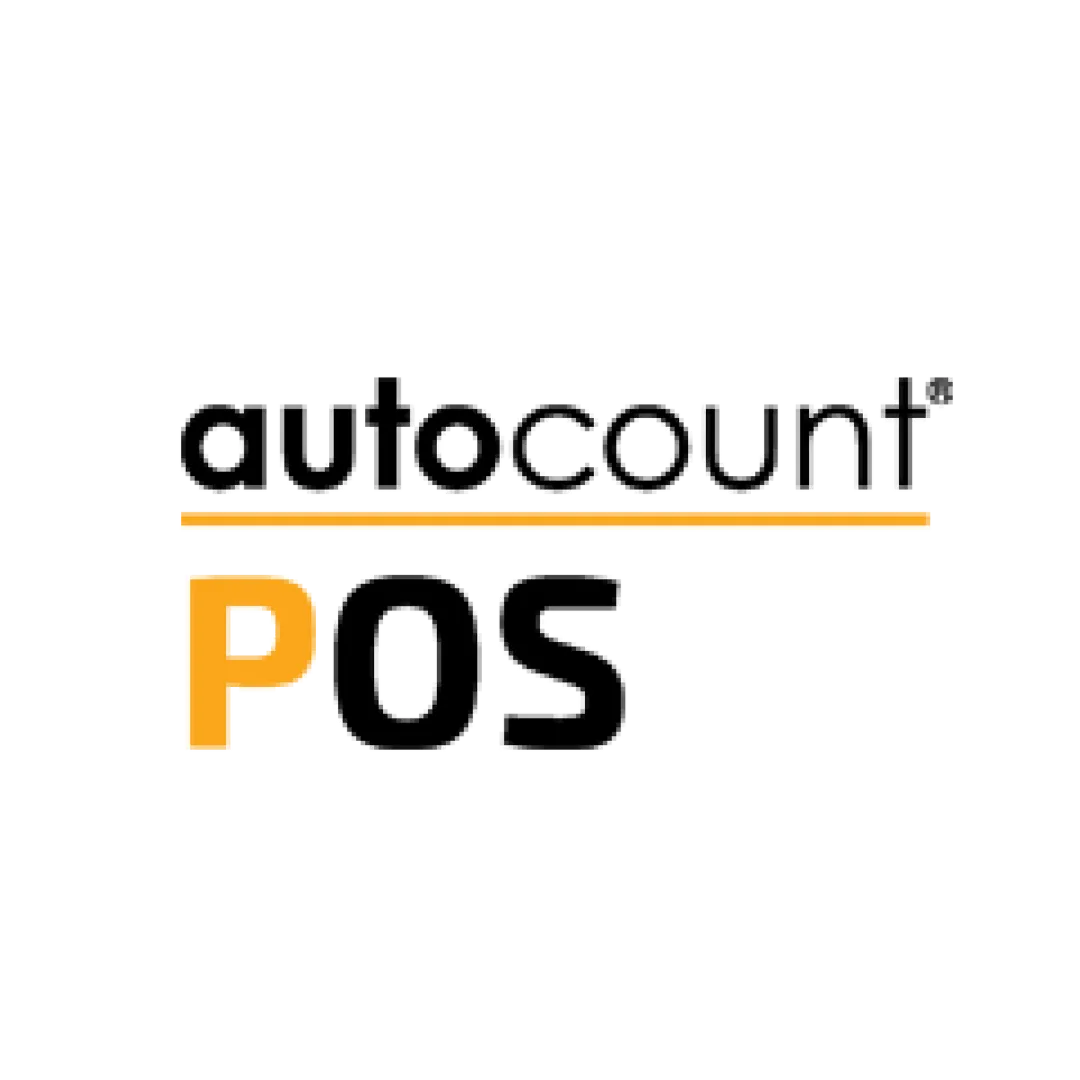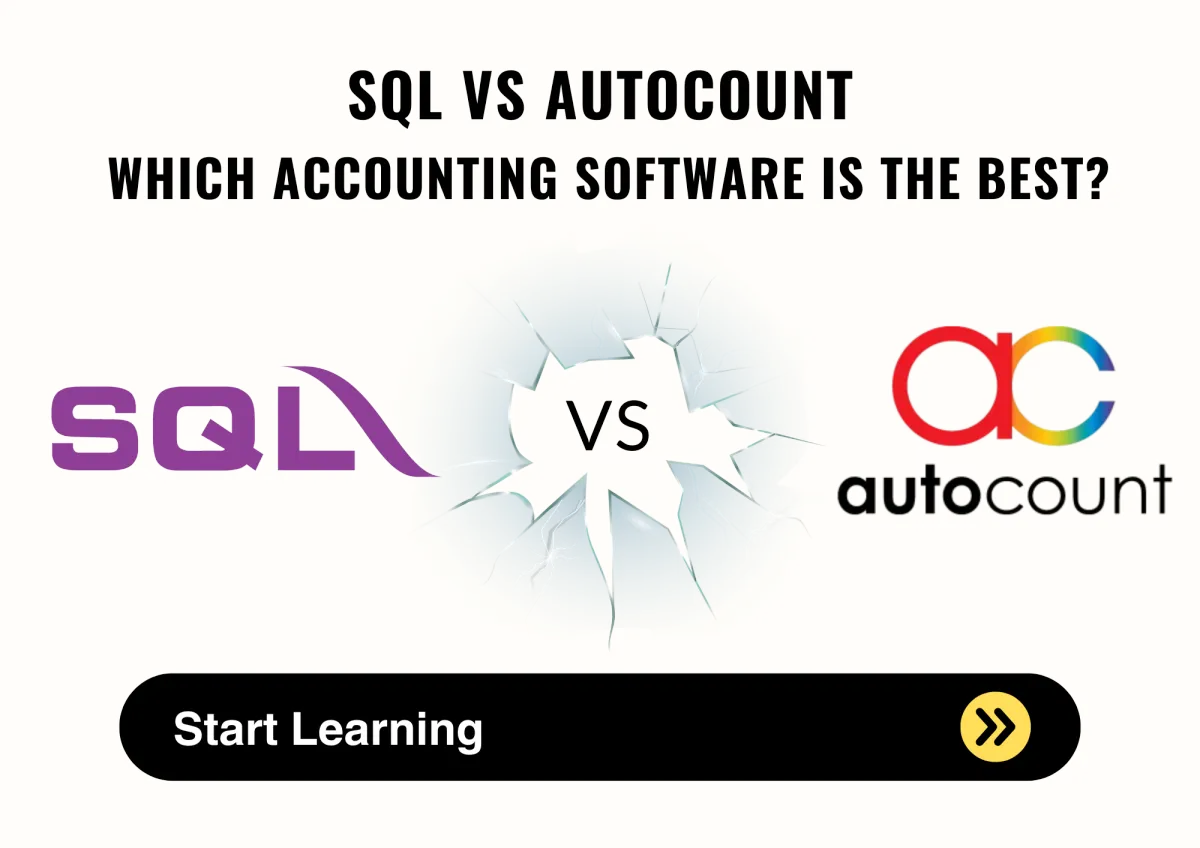
SQL VS AutoCount: Which Accounting Software Is The Best?
Author: Chris Business Solutions
Nov: 4, 2024
With so many options on the market, you’ll often see companies claiming to be the best accounting software. But what truly defines "the best"? Is it the range of features, the user experience, or perhaps the level of customer support? To help answer this question, it’s worth looking at which accounting software people are actively searching for and using. Through our research with the popular keyword research tool SEMrush, we have identified SQL Accounting Software and AutoCount system as the most trending choices in Malaysia, with search volumes of 6,600 and 9,900, respectively.
While high search volume doesn’t necessarily mean they are the best, it’s still a factor worth considering—after all, there must be a good reason why so many people are interested in it. With that in mind, let’s dive into an in-depth comparison of SQL Accounting Software and the AutoCount system to understand their key differences.
In this article, you will learn about:
| Accounting Software | Monthly Search Volume |
|---|---|
| AutoCount | 9,900 |
| Bukku | 5,400 |
| Million | 5,400 |
| Zoho Books | 2,400 |
| MYOB | 1,600 |
| Wave Accounting | 1,300 |
| QnE | 1,000 |
| FreshBooks | 320 |
SQL vs AutoCount: The General Differences
Target Market Focus
SQL Accounting Software: Known for its flexibility and scalability, SQL Accounting Software is often favored by growing small to medium-sized businesses due to its extensive customization options.
AutoCount Accounting: Also popular among SMEs but is especially known for being user-friendly and easy to learn, making it a good fit for companies new to digital accounting systems or with limited in-house IT resources.
Pricing & Cost-Effectiveness
SQL Accounting Software: Tends to have a more modular pricing approach, allowing businesses to purchase only the specific modules they need, which can be cost-effective in the long term.
AutoCount Accounting: Typically offers bundled packages, which may be simpler for budgeting but could result in paying for features that some businesses don’t need.
User Interface & Learning Curve
SQL Accounting Software: Offers extensive customization options, which can make it slightly more complex to navigate, especially for beginners.
AutotoCount Accounting: Known for its intuitive and user-friendly interface, AutoCount is generally easier to pick up and use right away, making it an attractive option for businesses with limited accounting experience.
Industry Fit
SQL Accounting Software: Known for industry-specific solutions, SQL Accounting is designed to cater to a variety of sectors, including retail, manufacturing, and services. This makes it suitable for businesses with unique or complex accounting requirements.
AutotoCount Accounting: While also versatile, AutoCount has a strong following among retail and service-based businesses in Malaysia, with a focus on straightforward inventory management and sales tracking, often meeting the needs of local SMEs.
Customer Support
SQL Accounting Software: Benefits from a large, active user base and third-party support, with many forums and online communities where users share tips and solutions.
AutotoCount Accounting: Known for responsive customer support, AutoCount system is popular among small businesses that may prefer direct guidance from the provider or authorized resellers, making support accessible and reliable.
Customization & Integration
SQL Accounting Software: SQL offers a high degree of customization, allowing users to integrate it with other software solutions and tailor the system to fit specific business workflows.
AutotoCount Accounting: While customizable, AutoCount’s integration options are generally more streamlined, making it a good choice for businesses looking for a plug-and-play solution without extensive modifications.
| Feature | SQL Accounting Software | AutoCount Accounting |
|---|---|---|
| Target Market | Flexible & scalable | User-friendly |
| Pricing | Modular approach | Bundled packages |
| User Interface | Complex navigation | Intuitive design |
| Industry Fit | Industry-specific | Retail & service |
| Customer Support | Active community | Responsive support |
| Customization | Highly customizable | Streamlined options |
SQL vs AutoCount: In-Depth Comparison of Features
Now, let's explore the most important aspect: the key differences in features between these two accounting software options. Here are the main distinctions:
Financial Reporting
SQL Accounting Software: Provides extensive reporting options, including customizable financial statements, profit and loss reports, cash flow statements, and tax reports. Users can create reports tailored to specific needs and export them in various formats.
AutotoCount Accounting: Offers standard reporting functionalities with essential financial reports. While it includes predefined reports, customization options are more limited compared to SQL.
Inventory Management
SQL Accounting: Features advanced inventory management with multi-location tracking, batch and serial number tracking, and integration with purchase orders and sales. This allows for detailed stock control and reporting.
AutotoCount Accounting: Focuses on basic inventory management, providing essential tools like stock tracking, reorder alerts, and simple inventory valuation methods, ideal for small retail businesses.
Sales and Purchase Order Processing
SQL Accounting Software: Supports comprehensive sales and purchase order processing, including invoicing, credit notes, and integration with inventory. Users can manage backorders and track customer orders effectively.
AutotoCount Accounting: Also provides sales and purchase order management, with a straightforward invoicing process and the ability to generate recurring invoices, but may lack some of the advanced features seen in SQL.
Bank Reconciliation
SQL Accounting Software: Offers a robust bank reconciliation feature that allows users to match transactions, categorize expenses, and generate reconciliation reports easily.
AutotoCount Accounting: Includes basic bank reconciliation features, enabling users to reconcile bank statements but with less depth and fewer automated matching options than SQL.
Payroll Management
SQL Accounting Software: Requires a separate payroll module to allow users to process employee salaries, manage deductions, and generate payroll reports, which is ideal for businesses that require payroll management.
AutotoCount Accounting: Also requires a separate payroll module or integration with another software for payroll processing, focusing more on accounting features rather than payroll management.
Multi-User Access and Permissions
SQL Accounting Software: Allows multiple user access with customizable permission settings, enabling businesses to control user roles and data access based on employee needs.
AutotoCount Accounting: Also supports multi-user functionality but with simpler permission settings, which may be sufficient for smaller teams.
System Integration
SQL Accounting Software: Strong integration capabilities with various third-party applications, including e-commerce platforms, CRM systems, and payment gateways, facilitating seamless data exchange.
AutotoCount Accounting: Offers some integration options but tends to focus on essential connectors; more complex integrations may require additional configuration.
Tax Management
SQL Accounting Software: Supports various tax calculations and generates tax reports based on current regulations, making it easier for businesses to comply with local tax laws.
AutotoCount Accounting: Provides basic tax management features, enabling users to apply tax codes and generate simple tax reports, but may not cover as many scenarios as SQL.
Customer Relationship Management (CRM)
SQL Accounting Software: Includes basic CRM functionalities, allowing users to track customer interactions, manage leads, and maintain customer records. Users can generate sales reports based on customer data.
AutotoCount Accounting: Primarily focuses on accounting and inventory management, with limited CRM features. Users may need to integrate with separate CRM software for more advanced customer relationship management.
| Feature | SQL Accounting Software | AutoCount Accounting |
|---|---|---|
| Financial Reporting | Extensive, customizable reports | Standard, limited customization |
| Inventory Management | Advanced, multi-location tracking | Basic, essential tools |
| Sales & Purchase Orders | Comprehensive, advanced features | Simple, lacks advanced options |
| Bank Reconciliation | Robust, detailed matching | Less automated |
| Payroll Management | Separate module needed | Separate module needed |
| Multi-User Access | Customizable permissions | Simple, basic controls |
| System Integration | Strong, varied integrations | Essential, limited complexity |
| Tax Management | Supports SST, GST, and other taxes | Supports SST, GST, and other taxes |
| CRM | Basic CRM features | Limited, may need external integration |
Conclusion
In conclusion, there isn’t a clear-cut winner when choosing between SQL Accounting Software and AutoCount system—it all boils down to what your business truly needs. Each accounting software has its own strengths and trade-offs, making them better suited for different types of businesses. If you looking for comprehensive integration and advanced features for a growing enterprise, then SQL might be the way to go. On the other hand, if your team is smaller and in need of an accessible, no-fuss solution, then AutoCount can provide exactly that. Weigh the pros and cons, align them with your current and future business goals, and make an informed choice that supports your growth.


